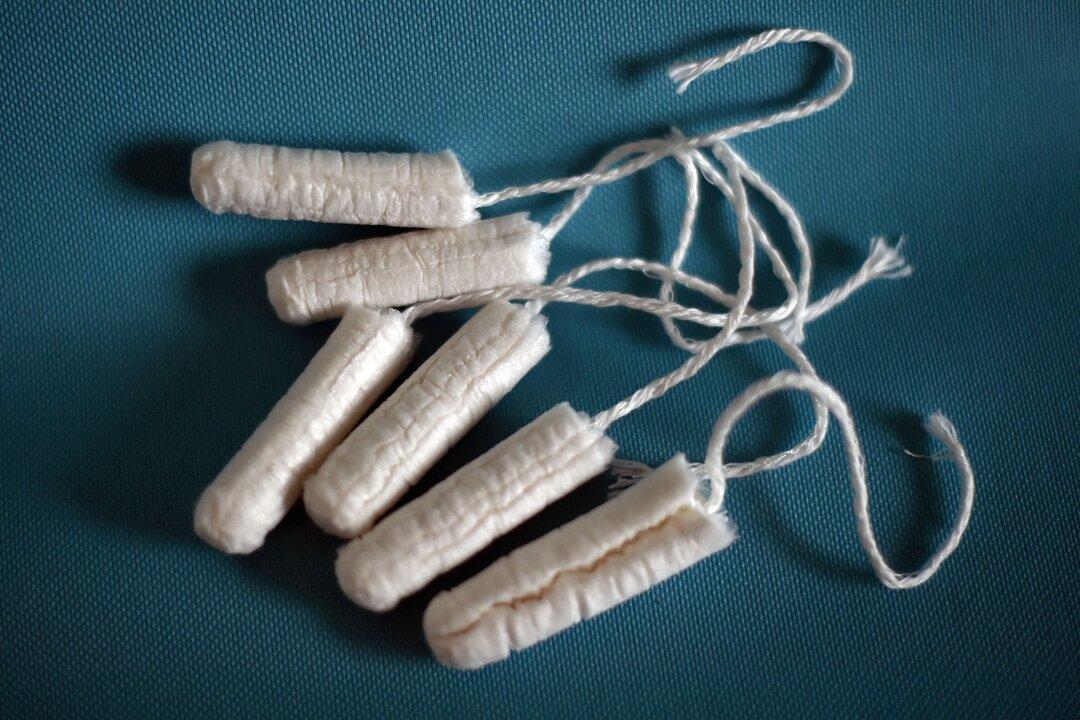The Food and Drug Administration (FDA) announced on Sept. 10 that it will conduct an assessment on the toxic metals—such as lead and arsenic—found in tampons and any potential risks they pose to women.
In a study published in July, researchers tested 30 different tampons from 14 brands sold by major online retailers and stores in the United States, Greece, and the UK to determine their metal levels.





